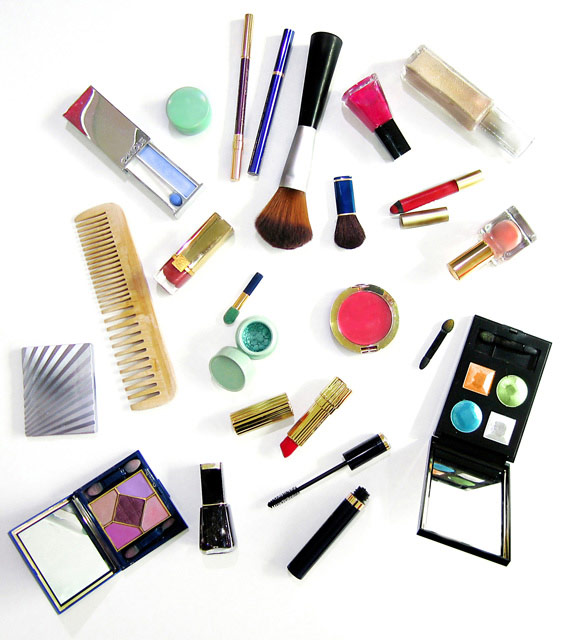Ending China's Requirement for Animal Testing of Cosmetics (Op-Ed)


Mark Jones is the executive director of Humane Society International (HSI)/UK. This article first appeared in Huffington Post Lifestyle UK. HSI contributed this article to LiveScience's Expert Voices: Op-Ed & Insights.
In China, cosmetics are big business. China is the fourth-largest cosmetics market in the world, worth an estimated $22 billion. Yet, for a country in which science and technology is advancing rapidly in so many areas, when it comes to cosmetics safety, China is still operating in the dark ages. That's because China still requires cosmetic products, as well as raw ingredients, to be tested on live animals.
China's regulations are holding back global efforts to prevent animals from suffering just to bring new cosmetics onto the market. The European Union, as well as India and Israel, have banned cosmetics animal-testing, and regulators are increasingly turning to 21st century human-relevant cell tests and the use of already well-studied ingredients.
Chinese cosmetics companies, as well as international companies selling products in China, now face a problem. Since March, the sale of newly animal-tested cosmetics in the EU has been banned. The combination of a requirement to test cosmetics on animals to sell products in China, and a ban on testing to sell new cosmetics in the EU leaves companies in a bind — they must choose between two contradictory requirements and be shut out of one market or the other.
The momentum is toward the EU approach, with considerable cosmetic companies pulling out of selling in China, including Lush and Barry M, until the country removes mandatory animal testing. The economic imperatives to replace animal testing with cutting-edge alternatives as quickly as possible have never been so clear.
Achieving that transition is the aim of Humane Society International's Be Cruelty-Free campaign. Already launched in 11 countries worldwide — including the United States where it's spearheaded by HSI's sister organization, The Humane Society of the United States — Be Cruelty-Free is the largest global initiative to end animal testing in the cosmetics sector. Launching in China was a major strategic decision for HSI, as virtually every global, leading, cosmetics brand sells in China and is therefore subject to new animal-testing requirements, regardless of each company's testing policy elsewhere.
Until recently, there was little evidence of Chinese regulatory interest in adopting non-animal test methods. But there are signs of change, with a raft of internationally validated non-animal tests recently accepted for use in China, the country's first tentative steps towards making cruelty-free cosmetics a real possibility. An $80,000 grant to the Institute for In Vitro Sciences — awarded jointly by HSI, The Humane Society of the United States and the Human Toxicology Project Consortium — is also part of the solution. While China's regulators and government scientists may be intrigued by the savings in expense and time (and scientific advantages of non-animal methods), without the hands-on experience of conducting in vitro experiments and interpreting the results, China would be unlikely to move away from more-familiar animal testing any time soon.
Get the world’s most fascinating discoveries delivered straight to your inbox.
The Chinese government is now working on a five-year plan with the aim of introducing 10 non-animal test methods, thus catching up with the rest of the world in using available non-animal methods. But more work is needed, both in China and globally, to create entirely animal-free cosmetic test batteries. In the meantime, those companies that avoid newly animal tested ingredients and — crucially — avoid selling their products in China are showing that the beauty business can thrive without causing animals to suffer.
Author's note: Recently, the Chinese government announced its first review of China's cosmetics legislation in 20 years. HSI's experts have submitted a detailed technical proposal for amending the law to remove animal toxicity testing.
The views expressed are those of the author and do not necessarily reflect the views of the publisher. This version of the article was originally published on LiveScience.



